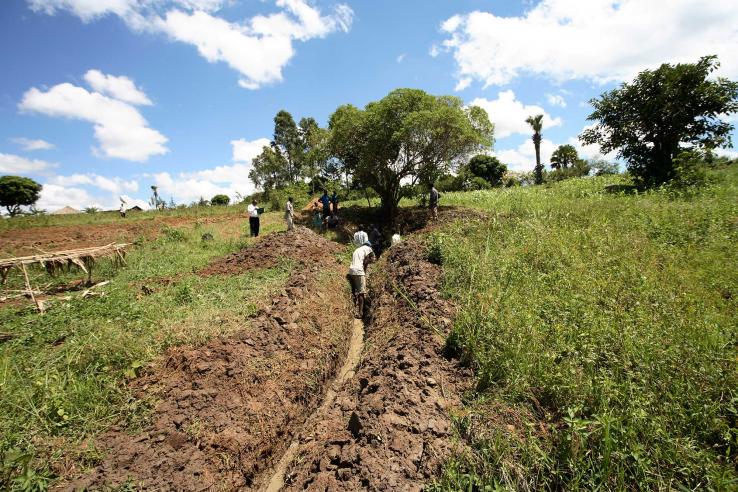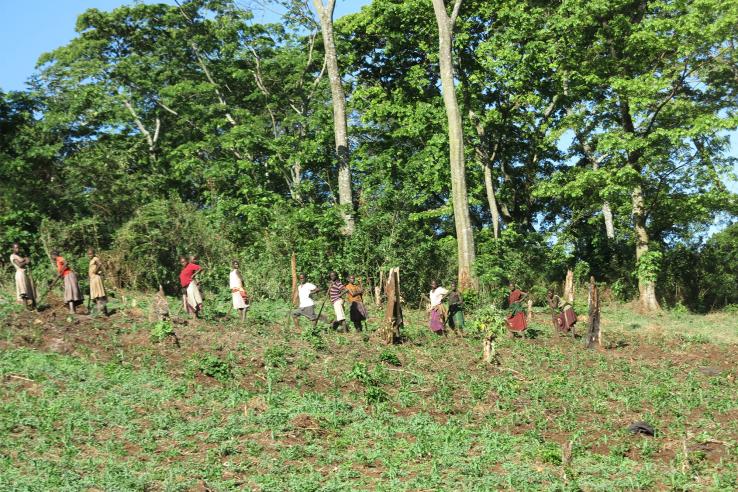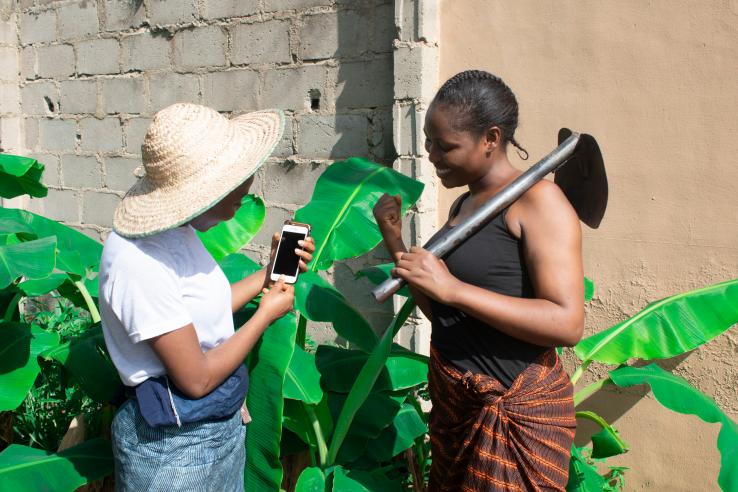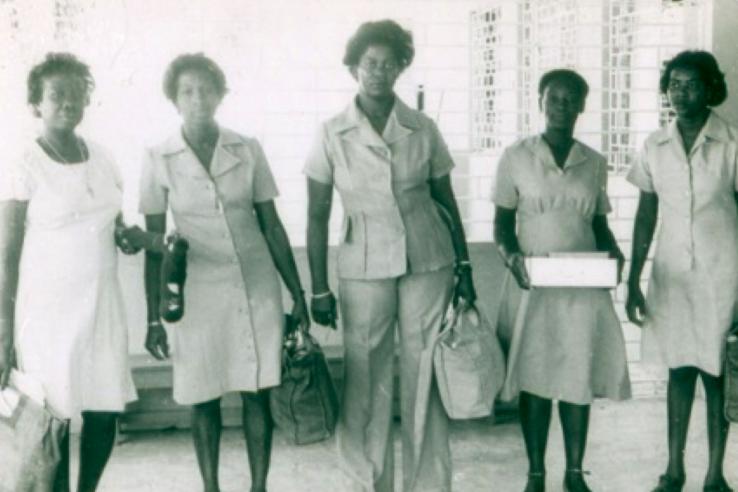Displaying 886 - 900 of 1293
Evaluation
Researchers evaluated the impact of making voter registration easier on voter participation by providing information about voter registration and home registration visits. Overall, the results suggest that information and visits can encourage greater participation, particularly among groups that face social and economic barriers to registering and voting.
Evaluation
Researchers evaluated the impact of creating peer groups optimized to improve the academic achievement of lower-ability first-year students at the United States Air Force Academy. Placing lower-ability students in the optimized groups, which mixed them with a relatively large number of peers with high scores on the verbal portion of the SAT, caused the lower-ability students to perform worse, and actually led them to interact more with other lower-ability students.
Evaluation
An evaluation of a voucher program in urban Malawi found that providing information and reducing the price of circumcision only slightly increased take-up.
Evaluation
Researchers partnered with SYEP employers to create personalized letters of recommendation for SYEP participants to evaluate the impact of recommendation letters on participants’ educational and employment outcomes after the program. Youth who received the letter of recommendation saw a 3 percentage point increase in employment in the first year after SYEP participation and, over four years, made $545 more than those who did not receive letters of recommendation.
Evaluation
Researchers conducted a randomized evaluation in East Java, Indonesia to investigate the impact of the level and transparency of financial incentives on the take-up of these new banking services. They found that larger incentives caused an increase in take-up, but only when the incentives were not publicized among the community. When incentives are made public, higher incentives instead have no effect on take-up, despite greater agent effort.
Evaluation
In partnership with Nyala Dairy Cooperative, researchers evaluated the impact of offering asset collateralized loans for rainwater harvesting tanks on both credit access for dairy farmers and profitability for the lender. Using the tanks as loan collateral led to higher take-up of loans by farmers without worsening repayment or leading to losses for the lender and also allowed farmers to invest in an agricultural technology.
Evaluation
The ability and integrity of civil servants can have important consequences for the lives of the poor. Researchers analyzed the impact of financial incentives and characteristics of the work environment on attracting qualified applicants to Mexico’s public sector. Offering higher wages attracted individuals with higher previous earnings, higher IQs, and more desirable personality traits. These applicants were also at least as publicly-motivated as applicants that did not receive the higher wage offering.
Evaluation
Researchers worked with a large private school network in Pakistan to evaluate the effects of performance raises on outcomes such as teacher behavior, student learning, and student socioemotional development. They found that, compared to flat payments, performance pay attracted more high-quality teachers. In terms of types of performance pay, those based on objective and subjective measures (supervisor observations and student test scores, respectively) were equally effective at increasing student test scores, but objective performance pay negatively affected student socioemotional development, whereas subjective performance pay had a small positive effect.
Evaluation
Researchers conducted a randomized evaluation to test both the impact of BRAC’s extension program on economic outcomes and the role of social incentives in shaping the delivery of the program to farmers. While they found that overall, farmers in villages that received the program had higher agricultural profits, the number and type of farmers who were targeted depended on the political alignment between the selected and non-selected delivery agents.
Evaluation
Researchers conducted a randomized evaluation to test the impact of offering interest-paying mobile money saving accounts to farmers, and in some cases farmers’ friends, on their financial behavior such as agricultural investment. Providing farmers access to interest-bearing mobile savings accounts increased both the amount of money they saved using these accounts and the likelihood they invested in fertilizer, while providing farmer’s closest farming friends the same incentivized mobile money accounts did not increase savings.
Evaluation
Researchers and the Ministry of Education evalauted at scale two low-cost ways of providing relevant information to help students and their families make more informed decisions. Results suggest that the programs were effective at changing educational plans and lowering dropout rates, while significant effects on child labor were mixed.
Evaluation
Researchers conducted a randomized evaluation to test the impact of an entertainment-education short film informational campaign (i.e. edutainment campaign) designed to inform adolescent girls and parents of the costs of child marriage on the norms and perceptions about child marriage in Indonesia. The edutainment intervention was effective in changing the perceptions of girls and parents towards child marriage.











